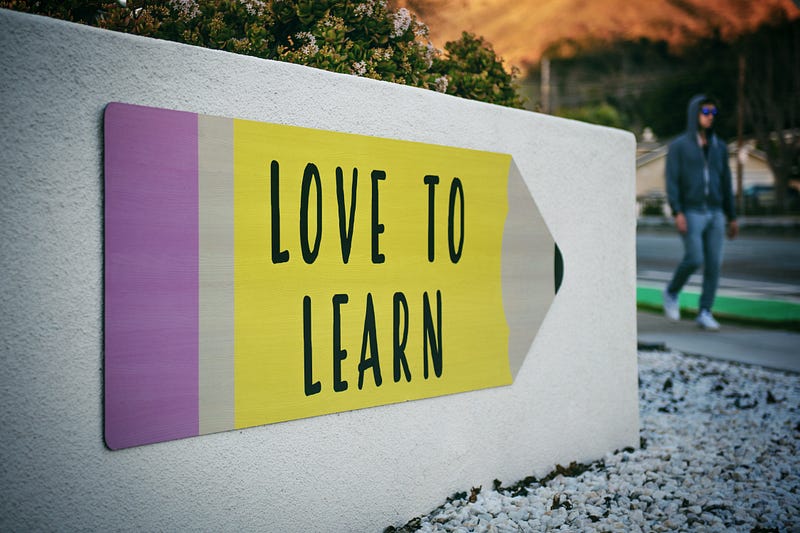"Unleashing Your Creative Potential: Navigating the Three Phases of Learning for Mastery"
“Unleashing Your Creative Potential: Navigating the Three Phases of Learning for Mastery”

Creativity, Mastery and the Three Phases of Learning are interrelated concepts that can help individuals develop their skills and talents. The three phases of learning are: the cognitive phase, the associative phase, and the autonomous phase. Each phase plays a crucial role in the development of mastery.
The cognitive phase is the initial stage of learning, where individuals acquire knowledge and understanding of the task or skill they want to master. At this stage, individuals often struggle with the task and make many mistakes. They require guidance, feedback, and practice to move to the next phase.
The associative phase is the second stage of learning, where individuals start to refine their skills and movements. At this stage, they have a basic understanding of the task, and they can perform it with fewer mistakes. They start to focus on the details and refine their technique through practice and repetition.
The autonomous phase is the final stage of learning, where individuals have mastered the skill and can perform it effortlessly. They no longer need to think consciously about the task, and they can perform it automatically.
Creativity is closely related to mastery, as individuals need to develop mastery to be truly creative. Creativity involves using the skills and knowledge acquired in the three phases of learning to produce something new and unique. It requires individuals to be open-minded, experimental, and willing to take risks.
To develop creativity and mastery, individuals should focus on the following:
- Learn from mistakes: Mistakes are a natural part of the learning process. Individuals should embrace their mistakes and learn from them to improve their skills.
- Practice regularly: Regular practice is essential to develop mastery. Individuals should set aside time to practice and hone their skills.
- Seek feedback: Feedback is critical to improving skills. Individuals should seek feedback from others to identify areas for improvement.
- Experiment: Creativity involves taking risks and trying new things. Individuals should experiment with different approaches and techniques to develop their creativity.
In conclusion, developing creativity and mastery requires individuals to go through the three phases of learning. Individuals should embrace the learning process, learn from mistakes, practice regularly, seek feedback, and experiment to develop their skills and unleash their creativity.

Comments
Post a Comment